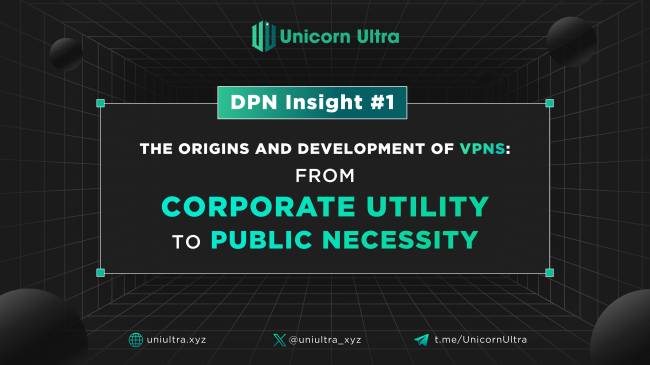In an era where our digital footprints are as significant as our physical presence, the topic of data privacy has catapulted to the forefront of modern discourse. As we navigate through the vast expanse of the internet, our personal information often becomes a commodity, traded and utilized in ways that escape our notice. It is in this intricate web of data exchange that the importance of Virtual Private Networks (VPNs) becomes increasingly apparent.

VPNs serve as a crucial tool in the arsenal of digital privacy. They act as a secure tunnel between your device and the internet, encrypting your data and masking your IP address from prying eyes. This layer of security is not just a shield against external threats, but also a means to assert control over one's personal data. In a world where data breaches and unauthorized surveillance have become all too common, a VPN offers a semblance of power back to the individual user.
The conversation about data privacy is not just about protecting oneself from cyber threats; it's about understanding the value of one's digital identity. Every online transaction, every social media post, and every click contributes to a digital profile that represents us in the virtual world. With entities ranging from multinational corporations to cybercriminals vying for access to this information, the need to safeguard our digital selves is more pressing than ever.
As we delve deeper into the nuances of VPNs and their role in data privacy, it's essential to understand that they are more than just a tool; they represent a stand we take for our right to privacy in the digital age. The significance of VPNs extends beyond the technical realm into the ethical and philosophical discussions about the kind of digital future we envision for ourselves and generations to come.
In the first four articles of this “DPN Insights” series, we will guide you through the realm of VPN and data privacy in the early days of the modern world, which set the foundation for the development of one of our core products: U2 DPN. We will talk about how VPN paved the way for secure digital communications, but why we believe that DPN is the ultimate solution for this problem.
Emergence and Adoption of VPNs in Corporate Networks
The origin of VPNs can be traced back to their use in corporate and governmental sectors. These early VPNs were designed to provide a secure communication channel over the existing internet infrastructure, a concept crucial for maintaining the confidentiality of sensitive information. They functioned by creating an encrypted 'tunnel' through which data could be transmitted securely, away from the prying eyes of unauthorized users.
In these initial stages, VPNs primarily catered to businesses requiring secure remote access to company networks and facilitated protected inter-office communications across different geographical locations. This application was particularly vital for multinational corporations dealing with sensitive information across various branches.
Technological Advancements in VPNs
The journey of VPN technology is marked by significant advancements. Initially, VPNs relied on basic encryption and tunneling protocols. However, as the internet evolved and security threats became more sophisticated, so did VPN technology. Protocols such as PPTP (Point-to-Point Tunneling Protocol) and later L2TP/IPSec (Layer Two Tunneling Protocol/Internet Protocol Security) were developed. These protocols enhanced the security and reliability of VPN connections, making them more robust against cyber threats.
One of the major milestones in VPN development was the introduction of OpenVPN, an open-source VPN protocol. OpenVPN offered strong encryption and high adaptability, making it a preferred choice for securing sensitive data transmissions.
Transition to Personal Use and Widespread Adoption
Originally a tool for corporate networks, VPNs gradually became popular among individual internet users. This shift was fueled by increasing concerns over internet privacy, the rise in cyber threats, and the growing awareness of digital rights. As the internet became an integral part of everyday life, the demand for tools that could provide secure and private browsing experiences grew.
VPNs began to offer solutions for a variety of personal uses, including accessing geo-restricted content, safeguarding personal data on public Wi-Fi networks, and maintaining anonymity online. This wider adoption was further facilitated by the user-friendly nature of modern VPN services, which allowed even non-technical users to easily set up and manage their VPN connections.
Conclusion
Today, VPNs stand as a testament to the technological evolution in the realm of digital privacy and security. From their humble beginnings as corporate security tools to their widespread use among the general public, VPNs have become essential for a broad range of online activities. They continue to play a crucial role in the modern internet landscape, providing a shield against digital vulnerabilities and preserving user privacy in an increasingly interconnected world.
As we look towards the future, the foundation laid by traditional VPNs has opened avenues for further innovations in digital privacy networks, such as Decentralized Private Networks (DPNs), which promise even greater security and privacy in the ever-evolving digital age.





.png)
